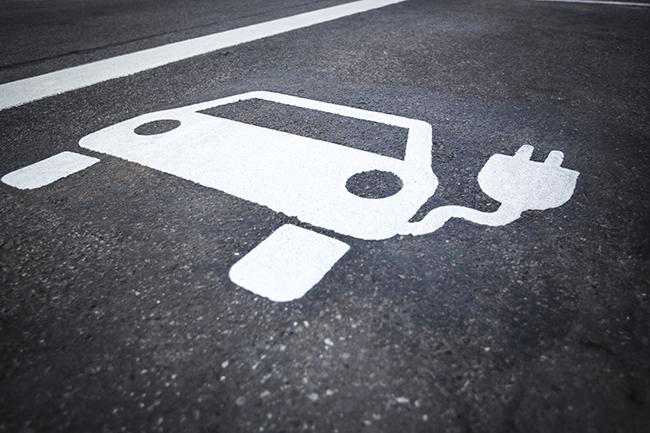Growth rate of charging stations for electric vehicles in the Czech Republic is increasing
2023, 650 new public charging stations were built, 16% more than in the previous year. A total of 2,392 stations with 4,892 charging points are now in operation. Demand for chargers continues to grow thanks to high-speed charging and dynamic station management, and new stations are expected to increase further this year. With 24,239 registered EVs, the Czech Republic is still one of the countries with the lowest share of battery electric vehicles in the European Union.
The expansion of charging infrastructure for electric vehicles in the Czech Republic is accelerating. According to data from the Centre for Transport Research (CVD) and the Ministry of Industry and Trade, 650 new public charging stations were built last year. Compared to 2022, when 561 stations were installed, the number of new stations increased by almost 16%. During the first quarter of this year, 58 more charging stations were added, bringing the total number of charging stations in operation to 2,392 with 4,892 charging points.
With 24,239 registered battery cars, the Czech Republic has one of the widest charging networks per electric vehicle. There are 4.9 battery electric vehicles per charging point. According to the Ministry of Transport, the current charging infrastructure could serve up to 100,000 electric vehicles.
The majority of public charging points (69.66%) have a capacity of up to 22 kW, so it usually takes several hours to charge an electric car. However, high-speed charging stations with a capacity of 150 kW or more are also being installed close to major communication routes, which can recharge an EV in a few minutes. According to data from CEZ Group, the largest operator of charging stations in the Czech Republic, the number of charging at CEZ stands in the first quarter of 2024 increased by 55% compared to the same period last year.
"The demand for charging stations is still growing this year, and even more charging stations should be built in 2024 than last year," says Karel Vaniš, Chief Operating Officer of NTL Forensics, which has installed over 300 charging stations in the Czech Republic. He adds that one of the biggest trends in the last year is dynamic charger control, which reduces the power of the charging point when charging starts.
A significant atypical expansion of charging infrastructure is planned in Prague, where 150 public lighting lamps are expected to be fitted with charging points by the end of the year. In addition, according to the decree, every new residential unit or complex with a parking space in the territory of the metropolis should be prepared for the installation of a charging station. "Installing chargers on public lighting poles is proving to be a workable solution for the metropolis. Many drivers of electric cars use them for commuting to work, but it is not yet possible to install AC chargers in garages due to legislation. The available charging from public lighting is therefore a suitable alternative for them," says Vaniš.
Although the development of charging infrastructure in the Czech Republic is accelerating, the number of newly registered electric vehicles fell by 1.2% year-on-year in the first quarter of this year, while in other EU countries it rose by 3.8%. In the Czech Republic, only 1 307 new battery electric passenger vehicles were registered, according to CVD statistics. The share of EVs in all registrations in the EU is 12%, while in the Czech Republic it is only 2.3%, ranking the Czech Republic second to last among EU countries. Moreover, three quarters of new registrations are company registrations, so private individuals still prefer other fuels.









